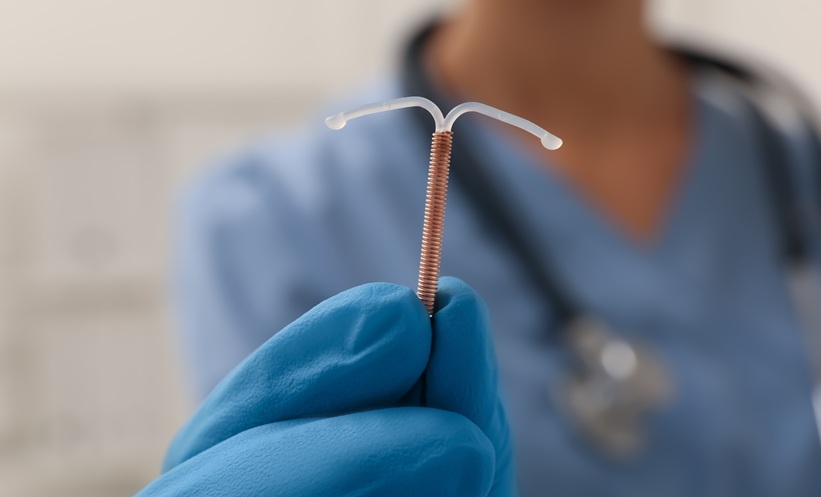RESEARCH presented today at the 41st Annual Meeting of the European Society of Human Reproduction and Embryology (ESHRE 2025) has identified a potential link between gut microbiota, amino acid imbalances, and a higher risk of miscarriage in younger women with polycystic ovary syndrome (PCOS).
The study, led by Aixia Liu, revealed a marked reduction in Parabacteroides merdae, a beneficial gut bacterium, in women with PCOS, alongside elevated levels of branched-chain amino acids (BCAAs), particularly isoleucine. These metabolic and microbial changes were associated with signs of premature ageing in the uterine lining and reduced receptivity for embryo implantation.
PCOS affects up to one in five women of reproductive age and is a leading cause of infertility. While many women with PCOS can conceive with treatment, they remain nearly twice as likely to experience miscarriage or other adverse pregnancy outcomes. Until now, the underlying reasons have remained unclear.
The prospective study followed 220 women under 35 across 44 cities in China, comparing 110 women with PCOS to 110 matched controls. Through microbiome sequencing and serum metabolomics, the team identified distinct differences between the groups. Laboratory studies further showed that exposing endometrial cells to isoleucine triggered ageing markers and impaired the cells’ ability to support implantation.
“These findings suggest that even in younger women, high isoleucine levels and the loss of key gut bacteria may compromise endometrial health,” said Dr. Liu. “They could serve as early biomarkers for identifying high-risk patients.”
The team hopes future research will explore whether interventions such as probiotics or BCAA-restricted diets can improve pregnancy outcomes in women with PCOS.
Reference
Liu A et al. Unraveling the interplay of gut microbiota, metabolicalterations, and endometrial senescence in polycystic ovary syndrome and its implications for adverse pregnancy outcomes. Human Reproduction. 2025. ESHRE Annual Meeting, 30th June- 2nd July, 2025.








